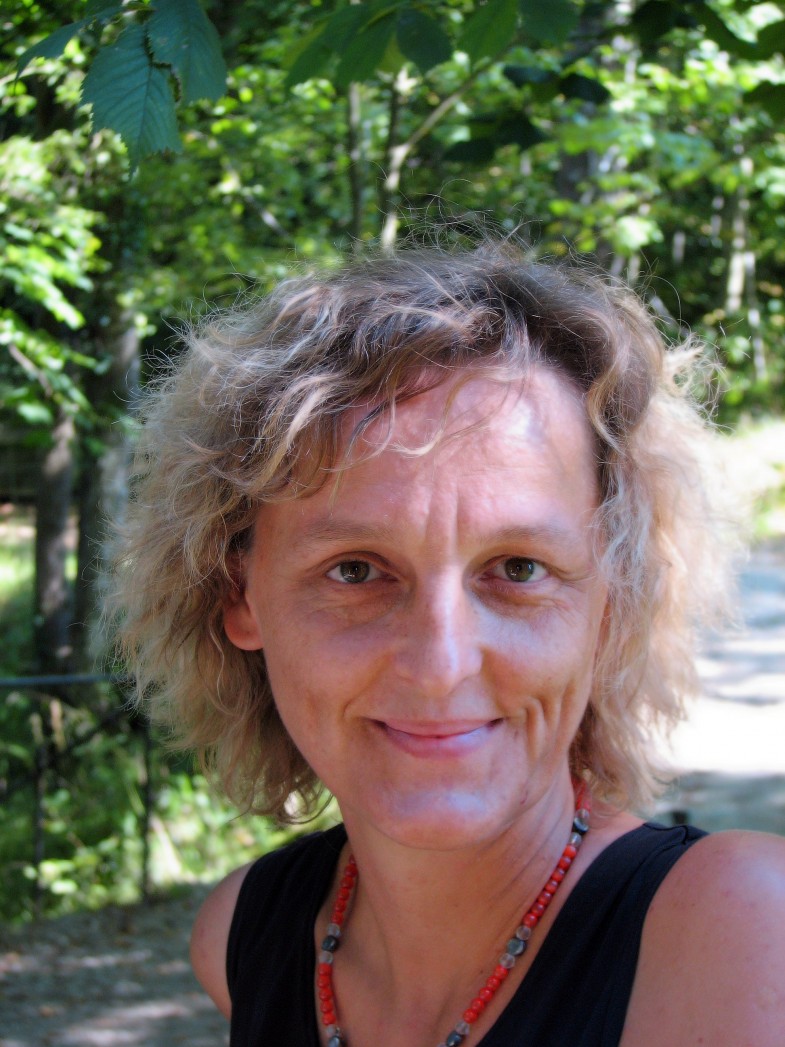COMMONS MAGAZINE

If there is one thing that Silke Helfrich has learned in her world travels, it is the cross-cultural appeal of the commons. As the director of the German-based Heinrich Böll Foundation’s for Mexico, Central America and Cuba from 1999 to 2007, based in Mexico City, Helfrich and her team hosted one of the first major international conferences on the commons, in 2006, bringing together commoners from throughout Latin America, North America, and Europe.
The event was a rare gathering in which rural farmers, free-culture advocates, water activists, and opponents of genetically modified crops could begin to forge a shared language of the commons. Many of them had suffered personally from destructive free market trade policies, the privatization of public services, and deregulation of government protections. Their communities had suffered from enclosures of land and crops that decimated people’s livelihoods and local ecosystems. In such circumstances, a language of the commons—or bienes comunes in Spanish—makes a lot of sense. It makes sense because it gets beyond the classic division of haves and have-nots, of owners and non-owners, and of public and private. “The commons,” according to Helfrich, “is about the missing third element—people as active participants, co-owners, and citizens in their communities, people with relationships of responsibility toward each other and the resources that we all share together.”
While enclosure is about separation, commoning is about integration. While market centered economies are about making profit out of everything, commons creating economies are about reproducing livelyhoods and aliveness. While dominant governance frameworks are thought to “steer and control”, commons based governance models are / will be thought to create togetherness.
“Forty-nine per cent of the seed market is concentrated in the hands of only four companies, five companies control 90 percent of the copyrights in the music industry,” notes Helfrich. “Whatever area we look at, we are confronted with concentration—of control, money, and power. These processes of concentration have an immediate impact on the rights of use of everyone and on the vitality and diversity of the commons.”
Now living in her native Germany, Helfrich engages with activists, academics, businesspeople, and politicians to explain the strategic value of the commons. She travels throughout Europe and beyond, meeting with leading theorists of the commons and frontline activists. She publishes the latest news about commons developments on her German-language blog, and edited the 2009 book Who Owns the World? The Rediscovery of the Commons. A new report The Commons: Prosperity by Sharing, co-authored with Rainer Kuhlen, Wolfgang Sachs, and Christian Siefkes, can be downloaded here in English. She also translated and edited texts from Elinor Ostrom: “Was mehr wird, wenn wir teilen.” (2011)
In 2010, Helfrich co-founded the Commons Strategies Group —along with former OnTheCommons.org editor David Bollier and Michel Bauwens of the Thailand-based P2P Foundation—to promote the commons internationally. In November 2010, the new group hosted the International Commons Conference in Berlin, drawing activists from 34 countries.
Excerpted from the book: All That We Share: A Field Guide to the Commons by Jay Walljasper and On The Commons (The New Press).
Editors Note, November 2012: Today, Helfrich remains an active champion of the commons: She recently edited the German version of a book called The Wealth of the Commons: A World Beyond Market and State (which was edited in English by David Bollier), and is currently involved in an effort to engage commons thinkers around the world in conversation about economics and the commons. In a collaboration with the Commons Strategies group, the Heinrich Böll Foundation and Charles Leopold Mayer Foundation are hosting three “Commons Deep Dive” workshops—two of which already took place during October and November—in Mexico City, a city near Paris, and Bankok. These Deep Dives will serve as preparatory events for a major international conference called “The Economics of the Commons” to be held in Berlin next May.